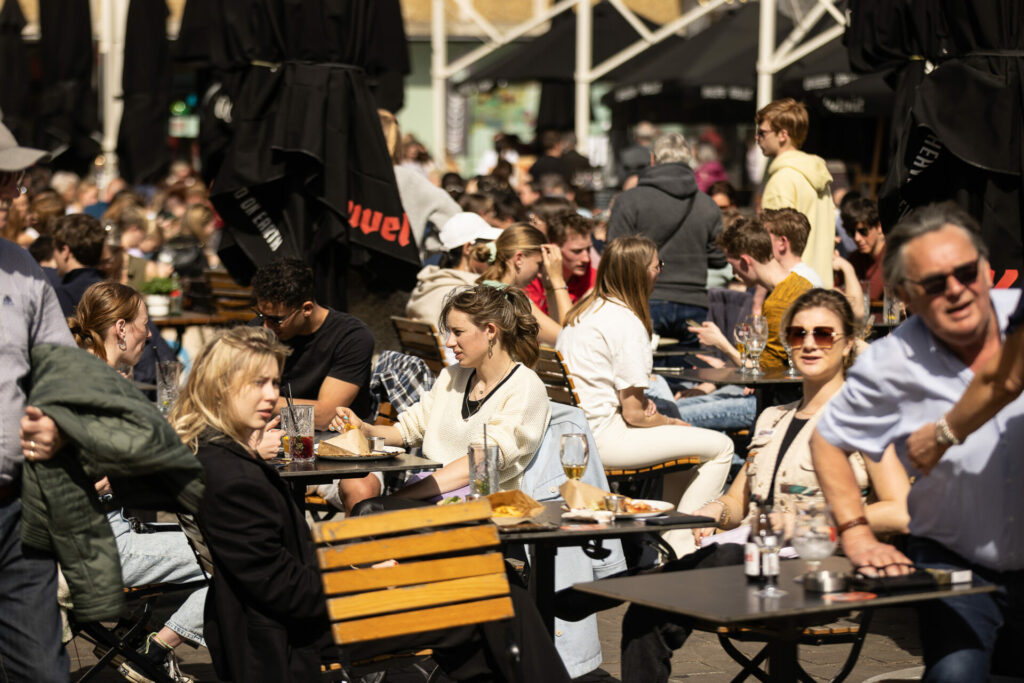Belgium has once again bagged itself a top spot on the Global Life-Work Balance Index 2025 by HR platform Remote, ranking third out of a sample of 60 countries worldwide.
Since 2023, HR platform Remote has been creating an index of the world's top 60 GDP countries to illustrate which offer employees the best work-life balance.
Using data from April 2025, this year's study reviewed statutory annual leave, minimum statutory sick pay, statutory maternity leave, statutory maternity leave payment rate, minimum wage, healthcare status, happiness index score, average hours per week per employed person, LGBTQ+ inclusivity, and safety according to the Global Peace Index.
Remote aimed to accurately represent each of the 60 countries' life-work balance, and demonstrate how businesses in each country are looking after the lives of their employees, as well as the growing need to put life before work.
Each country was given an overall score out of 100, and the metrics were adjusted with index weights to reflect their relative importance.
Belgium came in at an impressive third place this year, with an overall score of 75.91 out of 100.
"Cementing its place in the top three after sharing the spot last year with Denmark, life-work balance is becoming just as much a hallmark of Belgian culture as chocolate, waffles and beer — and not just because it has one of the highest minimum wages in Europe," the index noted, adding that minimum wage is topped only by the United Kingdom and Germany.
"Belgium scores well across several other metrics too, including statutory sick pay and maternity payment rate, while the country's happiness rating is among the highest in Europe at 6.91/10." It added that the country also benefits from relatively short working weeks (34.1 hours) on average compared to other countries.
This is not the first time the country's work-life balance has been praised. Just last year, Belgium finished in tenth place in the OECD's Better Life Index with a score of 7.7/10.
"In Belgium, about 4% of employees work very long hours in paid work – much less than the OECD average of 10%," the report found, stressing the importance of the amount of time a person spends at work. It also did better than the average in terms of income, education, housing, health, civic engagement and life satisfaction.
Best and worst
Who were the top scorers and lowest scorers on Remote's 2025 index?
For the third year in a row, New Zealand was the country said to have the best work-life balance with a score of 86.87. It improved its score by more than six points from 2024, thanks to a slight jump in minimum wage. It also performed consistently well across the study, especially on statutory annual leave, happiness and safety.

Wilkin River, New Zealand. Credit: Wikimedia Commons
Ireland came in second place with 81.17, praised for its generous maternity leave policy. Germany, Norway, Denmark, Canada, Australia, Spain and Finland rounded off the top ten. The UK sat just outside the top ten in 11th place, bouncing back from its drop to 15th last year.
On the other end of the spectrum, the United States has slid even further down since the start of President Donald Trump's administration. This was mainly due to a decline in public safety and LGBTQ+ inclusivity, the index noted. In 2024, the US ranked in 55th place, and in 2023 it was 53rd.
Finally, in 60th place is Nigeria, with a notably poor score of 26.67/100.

